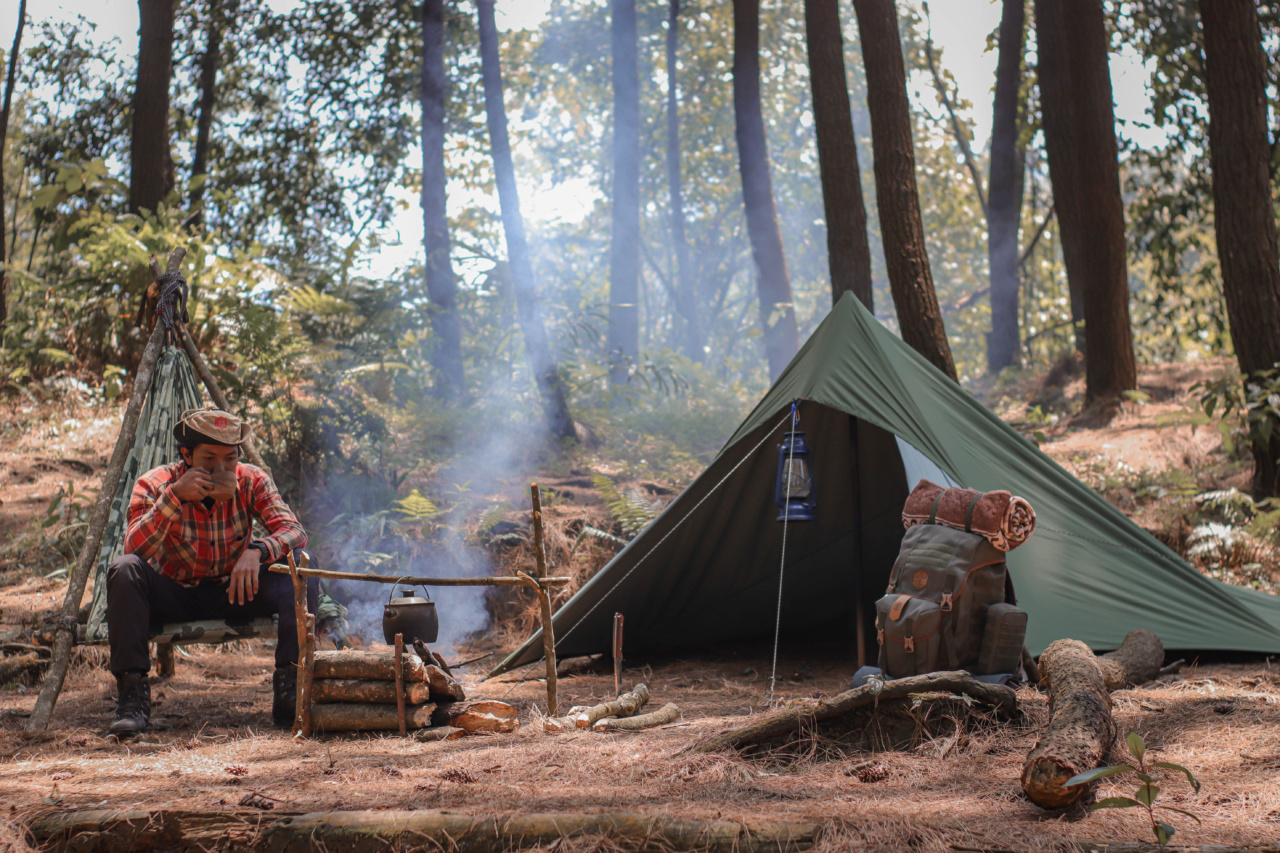In today’s world, having a protector can provide a sense of security and comfort. However, there may be situations where you find yourself without a protector.
Whether you are facing a personal challenge or navigating through uncertain circumstances, it is essential to learn how to survive on your own. In this article, we will explore various strategies and tips to help you thrive without a protector by your side.
1. Develop Self-Defense Skills
One of the most important aspects of surviving without a protector is learning self-defense skills. Enroll in self-defense classes or workshops to gain knowledge and confidence in protecting yourself physically.
Along with physical skills, focus on improving your mental preparedness and situational awareness to stay safe in any environment.
2. Build a Support Network
While you may not have a designated protector, it is crucial to cultivate a strong support network. Surround yourself with trustworthy friends, family, and mentors who can provide guidance, advice, and emotional support.
By nurturing these relationships, you will have a support system to lean on during challenging times.
3. Enhance Personal Awareness
Taking responsibility for your personal safety requires being aware of your surroundings and potential risks. Practice situational awareness by observing people, places, and situations around you.
Avoid distractions and stay vigilant to identify potential dangers before they escalate. Prioritize your personal safety and take proactive measures to minimize risks.
4. Establish Boundaries
When you don’t have a protector, it becomes essential to establish clear boundaries in your personal and professional life. Clearly communicate your limits to ensure others respect and value your autonomy.
Recognize the importance of saying no when necessary, and embrace self-care practices to maintain your physical and emotional well-being.
5. Learn Effective Communication
Communication skills are vital when you don’t have a protector. Learn how to assertively express yourself, set expectations, and resolve conflicts peacefully.
Effective communication not only helps you navigate difficult situations but also allows you to build strong relationships and establish trust with others.
6. Prioritize Personal Development
Investing in personal development is crucial for survival without a protector. Continuously seek opportunities to grow intellectually, emotionally, and spiritually. Engage in activities that enhance your skills, knowledge, and overall well-being.
By focusing on personal growth, you become more self-reliant and better equipped to handle life’s challenges.
7. Cultivate Self-Confidence
When you lack a protector, developing self-confidence becomes essential. Believe in your abilities and strengths. Acknowledge your accomplishments and embrace positive affirmations.
Cultivate a positive mindset that empowers you to face adversity and overcome obstacles with resilience and determination.
8. Practice Self-Care
Looking after yourself is crucial to surviving without a protector. Prioritize self-care practices such as exercise, healthy eating, meditation, and sufficient rest.
Taking care of your physical and mental well-being equips you with the energy and resilience needed to navigate through life’s challenges.
9. Stay Informed and Prepared
Knowledge is power, and when you don’t have a protector, staying informed and prepared is essential. Stay updated on current events and develop a basic understanding of emergency preparedness.
Equip yourself with necessary tools, such as a first aid kit, to handle unexpected situations effectively.
10. Trust Your Instincts
Your intuition is a valuable tool when it comes to surviving without a protector. Trust your instincts and listen to your gut feelings. If a situation feels unsafe or uncomfortable, remove yourself from it.
Your intuition often serves as an early warning system, guiding you away from potential harm.
Conclusion
Surviving without a protector may seem daunting, but armed with the right strategies and mindset, it is entirely possible.
By developing self-defense skills, building a support network, enhancing personal awareness, establishing boundaries, and prioritizing personal development, you can navigate through life’s challenges with confidence and resilience. Remember to practice effective communication, prioritize self-care, stay informed and prepared, and trust your instincts. With these tools in hand, you can not only survive but thrive in a protector-less world.































